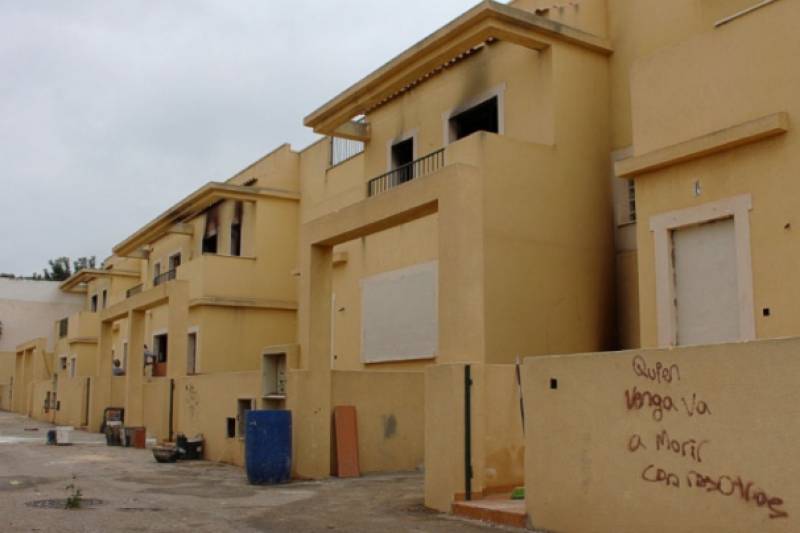article_detail
What are the penalties faced by homeowners in Spain for kicking out squatters?
Taking matters into your own hands can result in a large fine and even a prison sentence in Spain

Spain in general has an exceptionally high number of squatted buildings, partly because the law makes it so difficult to regain possession of a home once it has been taken over by ‘okupas’.
But what happens if you take matters into your own hands to evict squatters? This has long been a bugbear in Spain, with homeowners feeling like the unwanted occupants have more rights than they do and the police believing they have little power to assist residents.
JUPOL, a union of the National Police, explains that when the owner of a property decides to act on their own to evict squatters, they can face two crimes. The first is coerción, which carries a prison term of between six months and three years, depending on the severity.
It’s worth noting that choosing to cut off water or electricity at an illegally occupied home also counts as coercion, as stated in article 172.1 of the Penal Code, despite the fact that countless stories circulate of owners facing bills of thousands of euros thanks to their squatters.
The second crime a home owner faces for ousting squatters is that of ‘arbitrary performance in its own right’, which could carry a penalty of six to twelve months.
Although the process can be long and laborious, squatters also face penalties for occupying a house without permission:
- Occupation of an uninhabited house: the squatters would face between three and six months.
- Occupation of an inhabited house, but without violence: between six months and two years in prison.
- Occupation of an inhabited house and with violence: between one and four years in prison.
To save homeowners from some of the pain and hassle, the regional government in Murcia has published an Anti-okupa Manual with useful tips on how to protect their property against squatters.
Image: Archive
Contact Spanish News Today: Editorial 966 260 896 /
Office 968 018 268


























